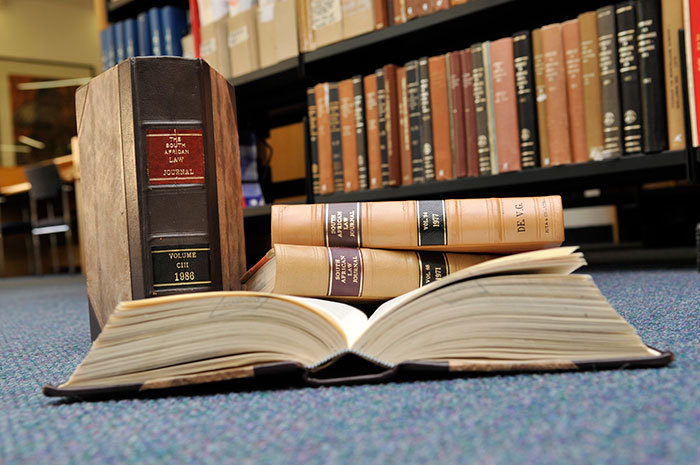Dynamic, not static
25 March 2015
Customary law has been at the core of Africa's legal systems for centuries, in matters from birth to death and for everything in between: marriage, land ownership, succession and inheritance, contracts, traditional leadership, and justice. In South Africa, customary law still governs the lives of most black citizens.
Even in areas of life that are now regulated by legislation and common law, such as succession and marriage, there are pockets of life that are regulated by customary law, says Professor Chuma Himonga (Department of Private Law). Customary law is one of the legal traditions in South African law. Before 1994, this legal tradition was considered to be inferior to the common law, recognised only to the extent that the latter considered it to be valid.
South Africa's interim and final Constitutions of 1994 and 1996 recognised customary law along with other state laws, resulting in some interesting interfaces.
Side by side, but under control
"Though the Constitution recognises customary law and common law on the same terms, it's not shielded or protected from the application of the Constitution; it's subordinate to the Constitution as the supreme law of the land," Himonga explains.
"And legislation is being designed to reform customary law, to align it with the Constitution and with the Bill of Rights."
The area that has most taxed the courts is the compatibility of customary law with human rights. There have been several interesting cases in the broad area of family law, for example, which have tested the courts' interpretation of customary law vis-à-vis human rights – as well as the malleability of the judiciary, says Himonga.
That customary law is a challenging but important area of our law is evident in Himonga's work, which earned her the Department of Science and Technology/National Research Foundation Chair in Customary Law, Indigenous Values and Human Rights in 2010.
Developing customary law
But like any system of law, customary law must develop, and the country's courts have been enlisted to help in this process.
"The need to develop customary law goes hand in hand with the evolving nature of this law," said Himonga. "Customary law adapts to changing social and economic conditions, as well as to conditions induced at the local community level by the legal environment, such as constitutional or human rights. In short, customary law is not static. Rather, it is dynamic."
Story by Helen Swingler
 This work is licensed under a Creative Commons Attribution-NoDerivatives 4.0 International License.
This work is licensed under a Creative Commons Attribution-NoDerivatives 4.0 International License.
Please view the republishing articles page for more information.










